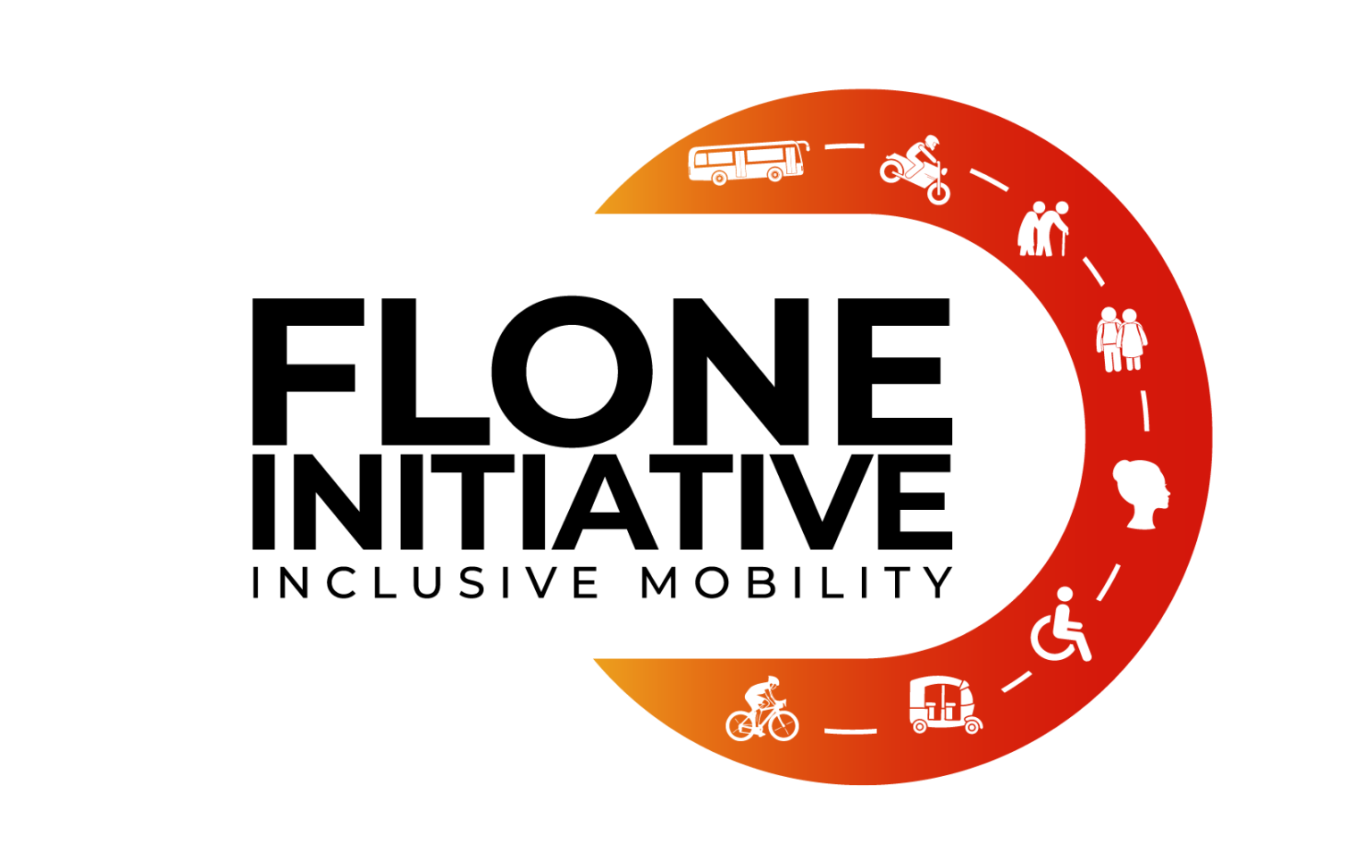Diversity, Equity, and Inclusion are popular buzzwords in our spaces. Many organizations display commitments to these principles, yet when it comes to people with disabilities, the very people who need inclusion the most, how many truly walk the talk? How many move beyond policies to implement real, meaningful change?
Universally, the focus is shifting toward inclusive development. Yet, persons with disabilities still encounter barriers such as access to public transport systems, which severely hinder their full participation in society and the economy. Some of these challenges include poor infrastructure, widespread stigma and marginalization, and a lack of awareness and training on how to support persons with disabilities.
Despite commitments to inclusive transport in international frameworks like the UN Convention on the Rights of Persons with Disabilities (CRPD), and the newly assented
Persons with Disabilities Act (2025), many public transport systems in Africa remain inaccessible, unsafe, and unaffordable for persons with disabilities. This results in exclusion from education, employment, healthcare, and social life. Persons with disabilities constitute 2.2% (0.9M) of Kenya’s population, with women making up 57% (523,883) of all persons with disabilities. The common types of impairments are mobility (42%), followed by visual (36.4%) (KPHC report, 2019).
According to research by Flone (2022), social and gender norms, misconceptions, and negative attitudes around disability are some of the leading causes of marginalization of persons with disabilities. In particular, accessing public transport services remains a hurdle for many. This is also due to systemic barriers and a general lack of awareness on how to support persons with disabilities. The report recommends the enforcement of the Nairobi County Transport Act (2020) to ensure matatu owners and operators provide designated seats for persons with disabilities, adhere to the use of designated termini by matatu operators, and provide designated seats to persons with mobility challenges. The report also recommends that matatu owners design capacity-building programs for operators and staff on disability etiquette, basic communication with different people with disabilities (skills such as sign language), and skills for handling persons with disabilities and their items, such as wheelchairs.
The attainment of the Sustainable Development Goals requires a special focus on the rights of persons with disabilities. In line with this, Flone Initiative under the (Disability Inclusion in Public Transport program) has been conducting a series of training sessions with public transport operators drawn from different SACCOs as part of ensuring that inclusive mobility is a realizable goal. We held a sensitization training with operators and staff from the Kenya Bus Management Services. Our teachings included types of disabilities, causes of disabilities, tips to use while supporting and interacting with persons with disabilities, and appropriate terms to use when referring to persons with disabilities. Flone also partnered with persons with disabilities to share their lived experiences with the transport operators.
We also embarked on an advocacy campaign, marking priority seating on buses to promote accessibility for various vulnerable groups. This effort was also geared towards raising public awareness by reminding everyone that inclusion is everyone’s responsibility
Explore the full story and watch the documentary here
Flone Initiative works towards attaining a safe, sustainable, and accessible public transportation spaces for women, youth, persons with disability and vulnerable groups inAfrica. One of the strategies to achieve this is training persons working in the public transport sector in proper ways of interacting with people with Disabilities, who, like any other commuters, commute to various destinations daily using public service systems.
To ensure our insights reach a broader and more diverse audience, we’ve developed The Just Mobility Podcast, a platform dedicated to sharing knowledge, lived experiences, and solutions around inclusive and sustainable transport in a more accessible and engaging format.
The urgency of inclusive mobility
What are you doing today to ensure persons with disabilities are seen, heard, and included? Let’s commit to walking the talk. Because until we do, inclusivity will remain a distant dream. By working together, society can help break down barriers, elevate the voices of persons with disabilities, and ensure that everyone enjoys the full freedoms of mobility.
To learn more about our work and how to collaborate with us contact
[email protected]
FURTHER READING
Flone Initiative. (2022). The accessibility of public transport service in Nairobi
Metropolitan
Area.
https://floneinitiative.org/the-accessibility-of-public-transport-service-in-nairobi-metropolitan-area/
